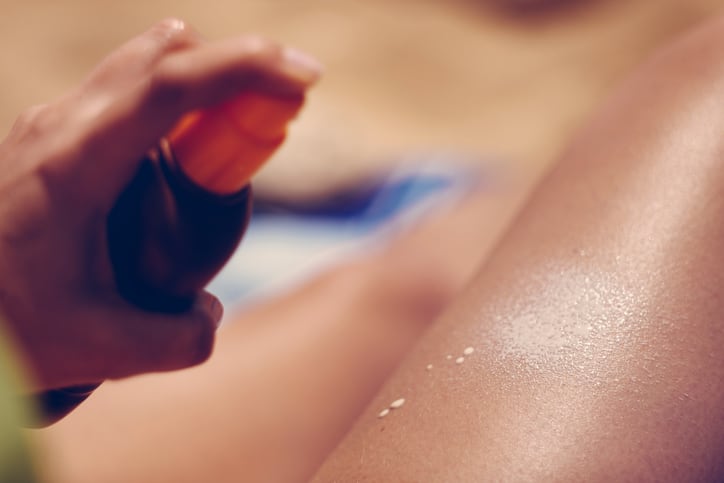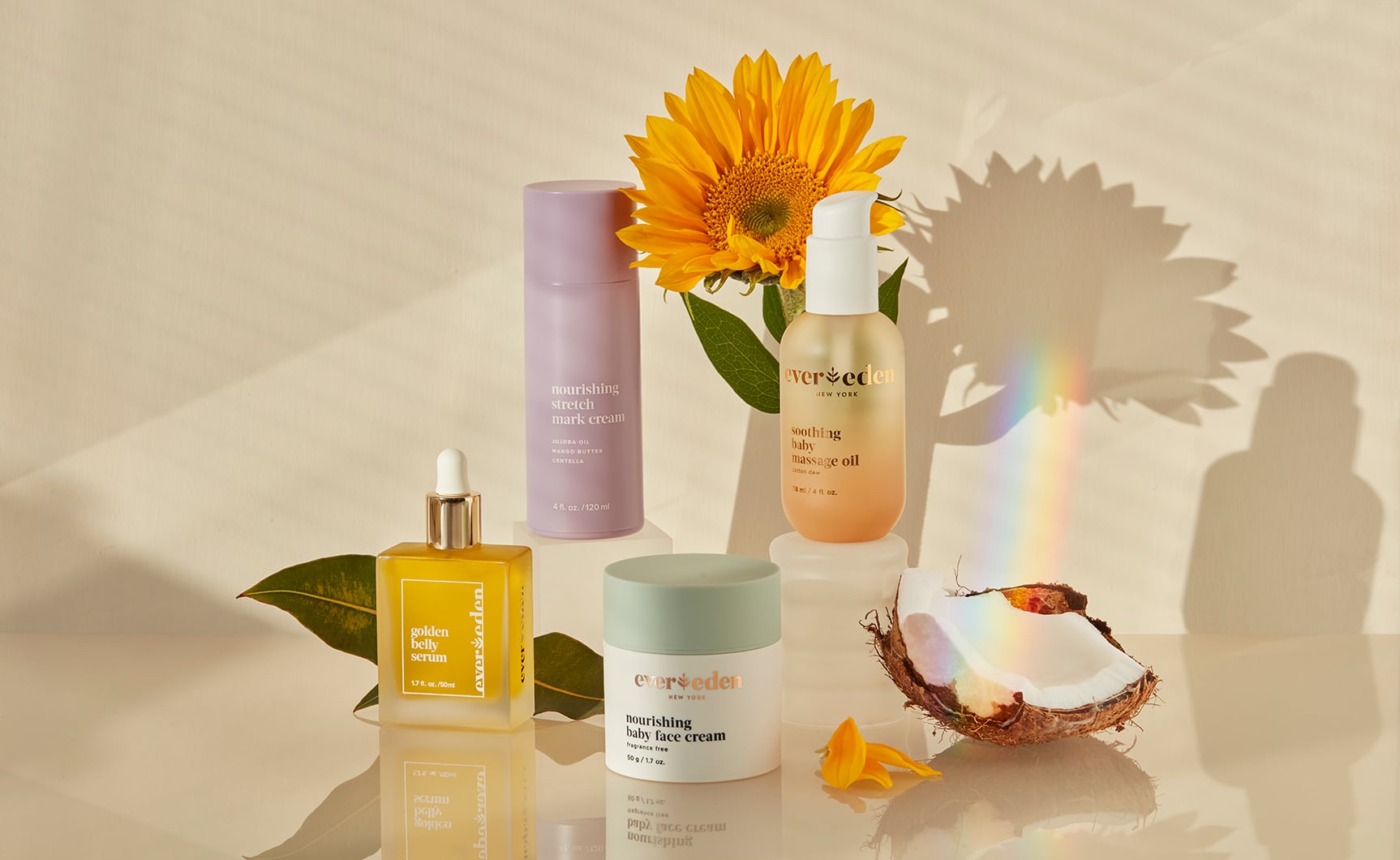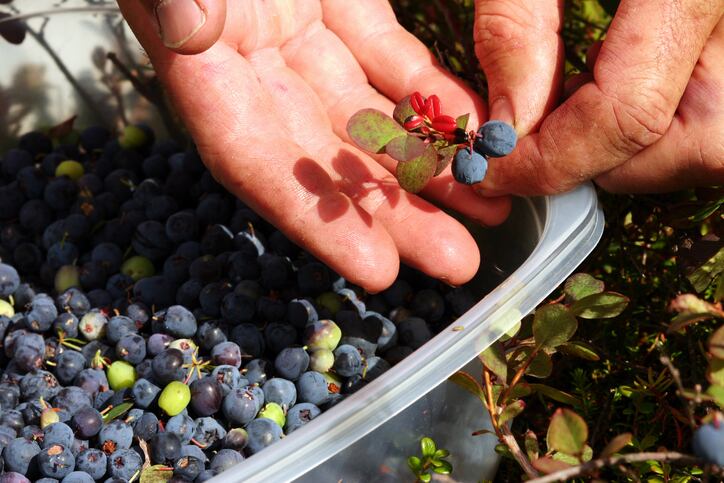CosmeticsDesign-USA: What does consumer interest in protective beauty products look like (SPF, UV, blue light, pollution)?
Anna Keller: Consumers all over the world are increasingly interested in protective personal care products. Shoppers are looking for products with multi-protective benefits and multifunctional claims, and concerns surrounding blue light and pollution have grown, showing that buyers want more than just UV protection from their suncare products.
CDU: Are there major differences in interest between types of protective beauty?
AK: For example, in Germany, 47% of suncare users are interested in sun protection products that also protect the skin against environmental stressors. In the US, 61% of suncare users are interested in suncare innovations that are designed to protect the skin from blue light.
In China, 41% of suncare users associate protection from external irritants with the strong protective effect of sunscreen. Products that effectively layer multiple claims to help protect users against these many different stressors can address growing consumer concerns.
What is driving interest in protective beauty?
AK: Consumers are more sophisticated than ever before, thanks to social media and better access to ingredient and claim information, which means that they are skeptical about certain protective claims. Consumers have grown more worried over the course of the pandemic about the damaging effects of blue light from tech devices, but more research is being done to help debunk some of the more ominous claims that have been leveraged by the skincare industry.
Are there major regional differences in interest in protective beauty?

AK: Globally, concern about suncare and the importance of protective products varies greatly.
In India, 82% of adult shoppers say that they take a preventative approach to beauty/skincare, such as by using SPF, but 40% of Indian sunscreen users also believe that natural sunlight is healthy for the skin and aren’t as concerned about UV protection.
Whereas in China, 78% of adult shoppers say that they take a preventative approach to beauty/skincare, and 73% of adult sun care users are worried about the harmful effects of UV rays (73%), outdoor air pollution (60%), and indoor air pollution (58%). Only 40% of this group is concerned about the harm of infrared in sunlight, and 28% is concerned about visible light in sunlight.
What else do cosmetics professionals need to know about interest in these products?
AK: Another important facet of the protective personal care product segment is hygiene. The COVID-19 pandemic has increased consumer awareness about external aggressors, such as dirt, bacteria, or viruses, which has led to more interest in skin care products that help to shield the user from these invisible threats.
For example, the Clarins UV PLUS Anti-Pollution Sunscreen Multi-Protection Broad Spectrum SPF 50 protects the skin from free radicals and photo-aging, as well as indoor and outdoor pollutants.
Since the drivers for shoppers to seek out specific types of protective products change due to a variety of factors, including environmental as well as more personal ones, such as skin type, there is more white space opportunity than ever before.
For shoppers who want multifunctional benefits, protective claims are paired with prominent skincare ingredients or added to colored cosmetics. Ocean-safe claims and plant-based ingredients are attractive to eco-minded shoppers, and head-to-toe glow solutions are available to those who want to fake a vibrant tan while still protecting their skin.
Overall, the category has plenty of room to grow, with more consumer needs just waiting to be met with new product technologies.




